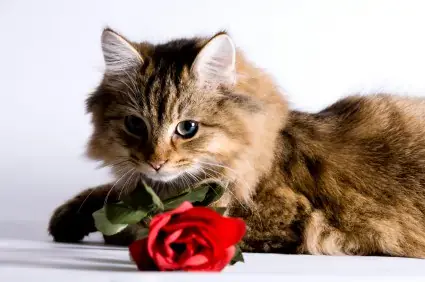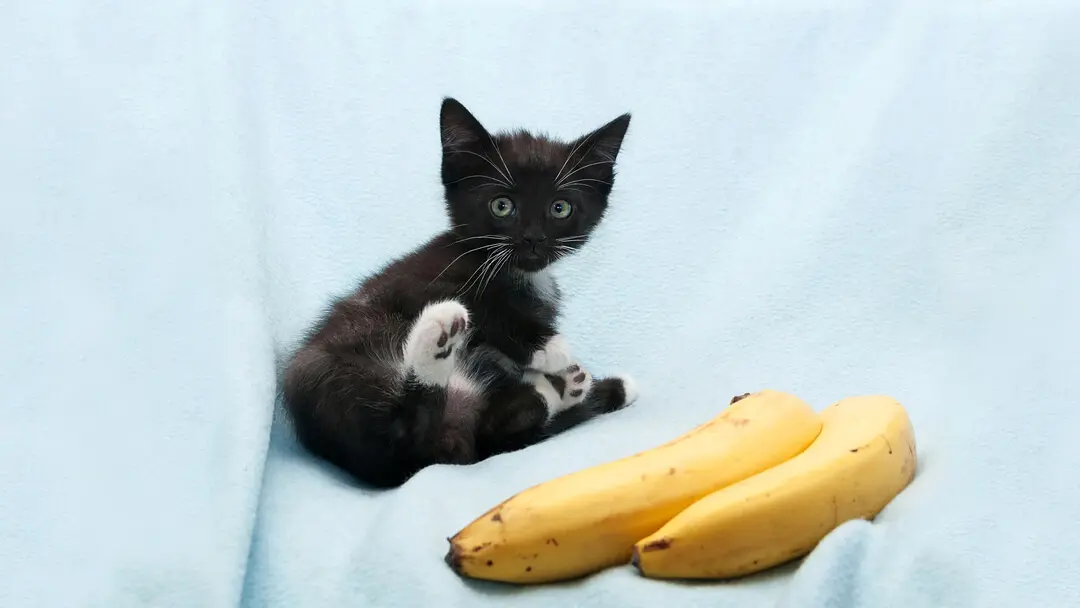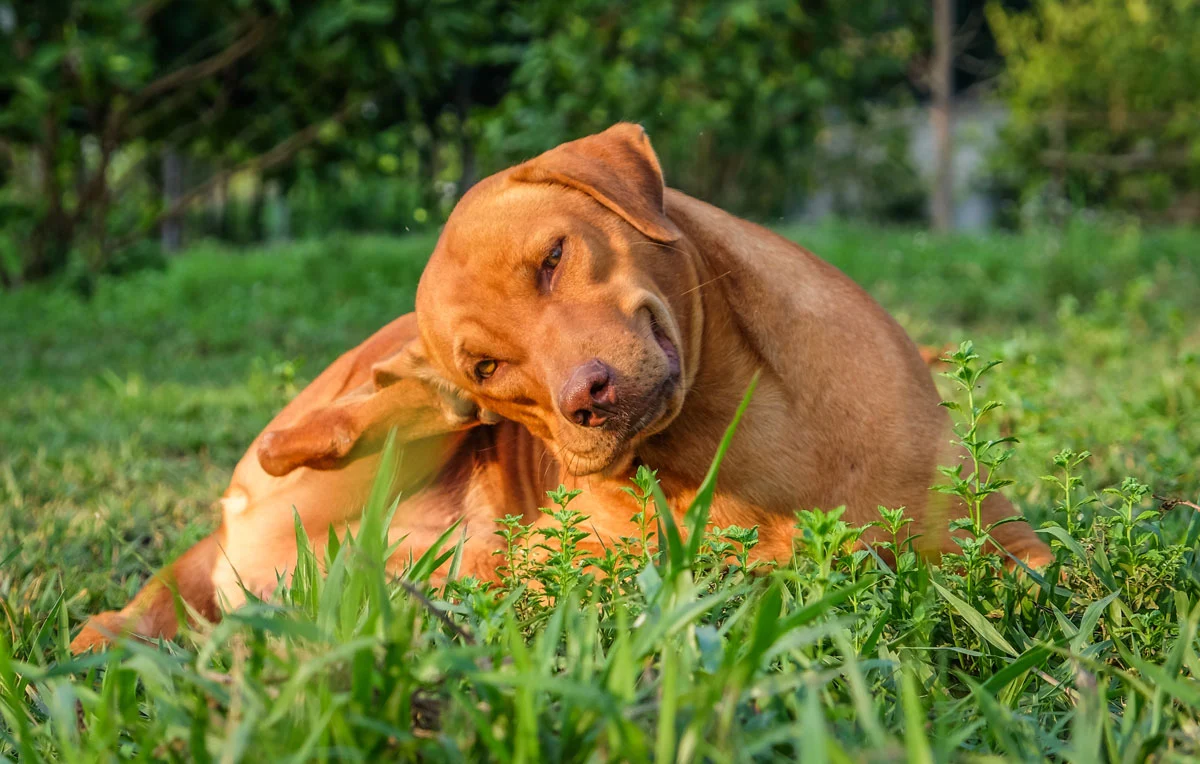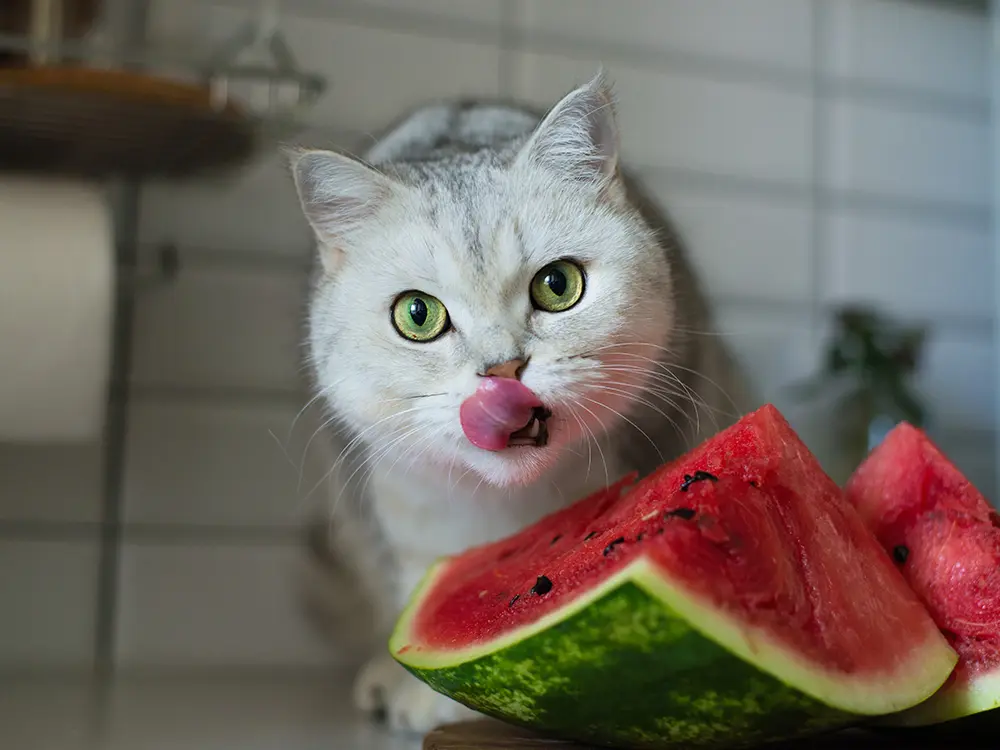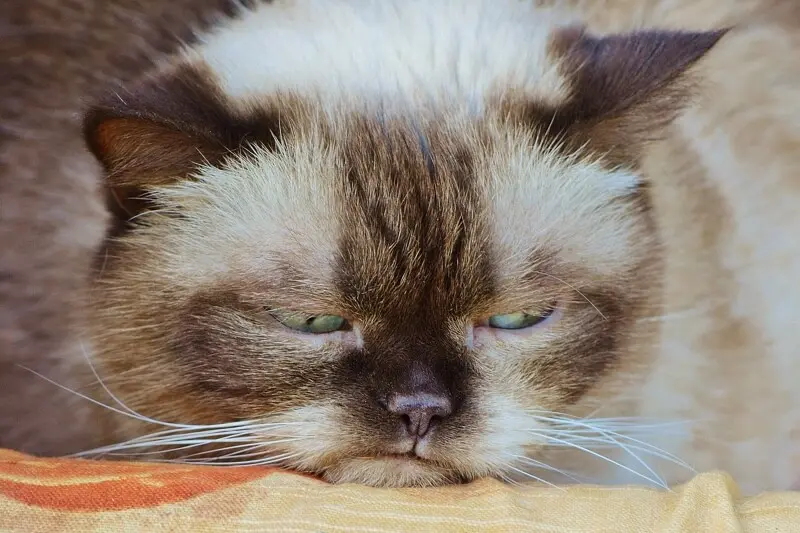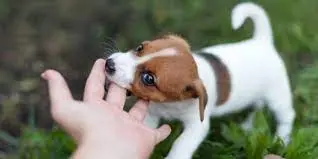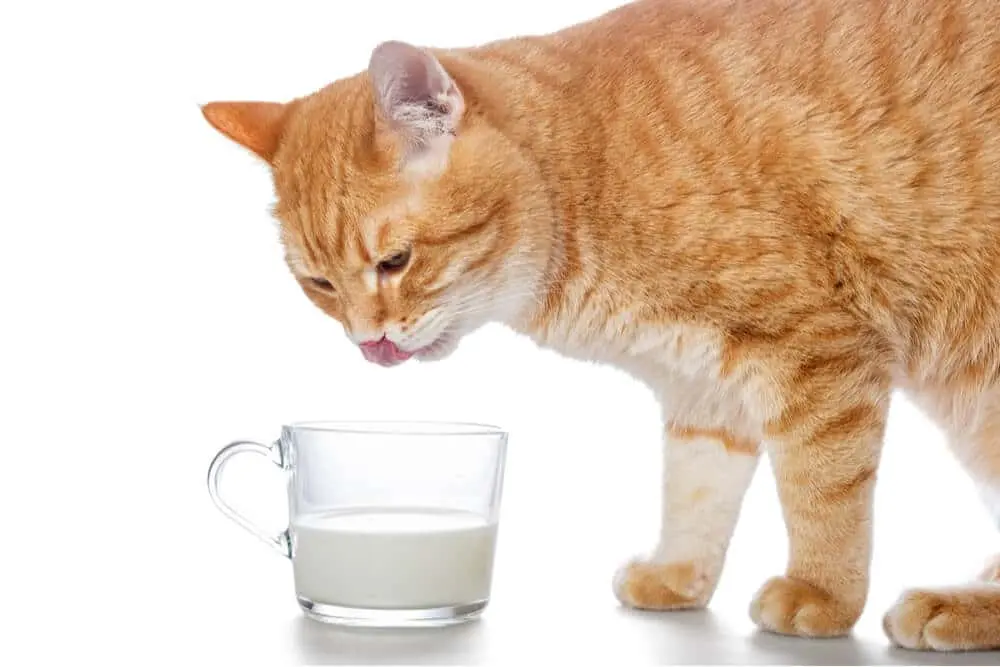
Despite the popular image of a cat happily lapping up a saucer of milk, the reality is that most adult cats cannot properly digest milk. This misconception has persisted in popular culture, but understanding the digestive system of cats reveals why milk is generally unsuitable for them.
Cats are obligate carnivores, meaning their diet in the wild consists almost entirely of meat. Essential nutrients such as protein, taurine, and other vitamins are obtained through their carnivorous diet. The domestication of cats hasn’t significantly changed their fundamental dietary needs despite their shift in lifestyle and diet.
The main issue with feeding cats milk is lactose intolerance. Kittens produce an enzyme called lactase, which breaks down lactose in their mother’s milk. However, as cats mature, they produce less lactase, making it difficult to digest lactose, a sugar found in milk. When an adult cat drinks milk, the undigested lactose passes through the intestinal tract, drawing water with it. This often results in diarrhea or other digestive discomfort.
Symptoms of lactose intolerance in cats can include abdominal pain, bloating, diarrhea, gas, and nausea. These symptoms can lead to dehydration, especially in kittens or senior cats, which can be particularly dangerous. Therefore, it’s important for pet owners to recognize that the risks associated with feeding cats milk outweigh the perceived benefits.
In response to this dietary issue, some pet food manufacturers have introduced lactose-free cat milk substitutes. These products provide the pleasure of drinking milk without the lactose, making them safer for cats. However, these should still be treated as treats, not as dietary staples.
Water remains the best hydration choice for cats. Ensuring that your cat has access to fresh, clean water at all times is crucial for maintaining their health. Cats naturally have a low thirst drive since their ancestors obtained most of their moisture from their prey. Therefore, providing moisture-rich food, such as wet cat food, can also help keep them hydrated and support overall health.
Moreover, the myth of cats and milk can be harmful in other ways. Cow's milk and other dairy products can contain additives or sugars that are inappropriate for cats. Some cats may also be allergic to dairy, which can lead to more severe reactions than simple lactose intolerance.
For cat owners wanting to indulge their pets with a milk-like treat, it’s advised to consult a veterinarian. They can recommend appropriate products that won’t harm the cat's digestive system. Additionally, paying close attention to any adverse reactions your pet has to new foods or treats is essential.
In conclusion, the image of cats drinking milk is a romanticized notion that doesn't align with the dietary reality of most cats. Lactose intolerance is common among adult cats, making milk more of a health risk than a treat. Responsible pet ownership involves understanding these dietary restrictions and providing our feline friends with the best care possible, ensuring they lead healthy, happy lives without the discomfort of improper foods.





